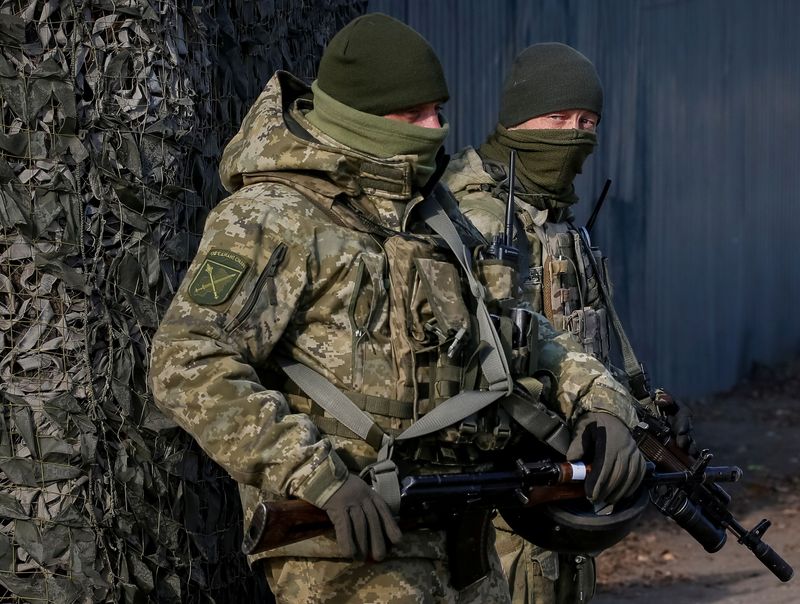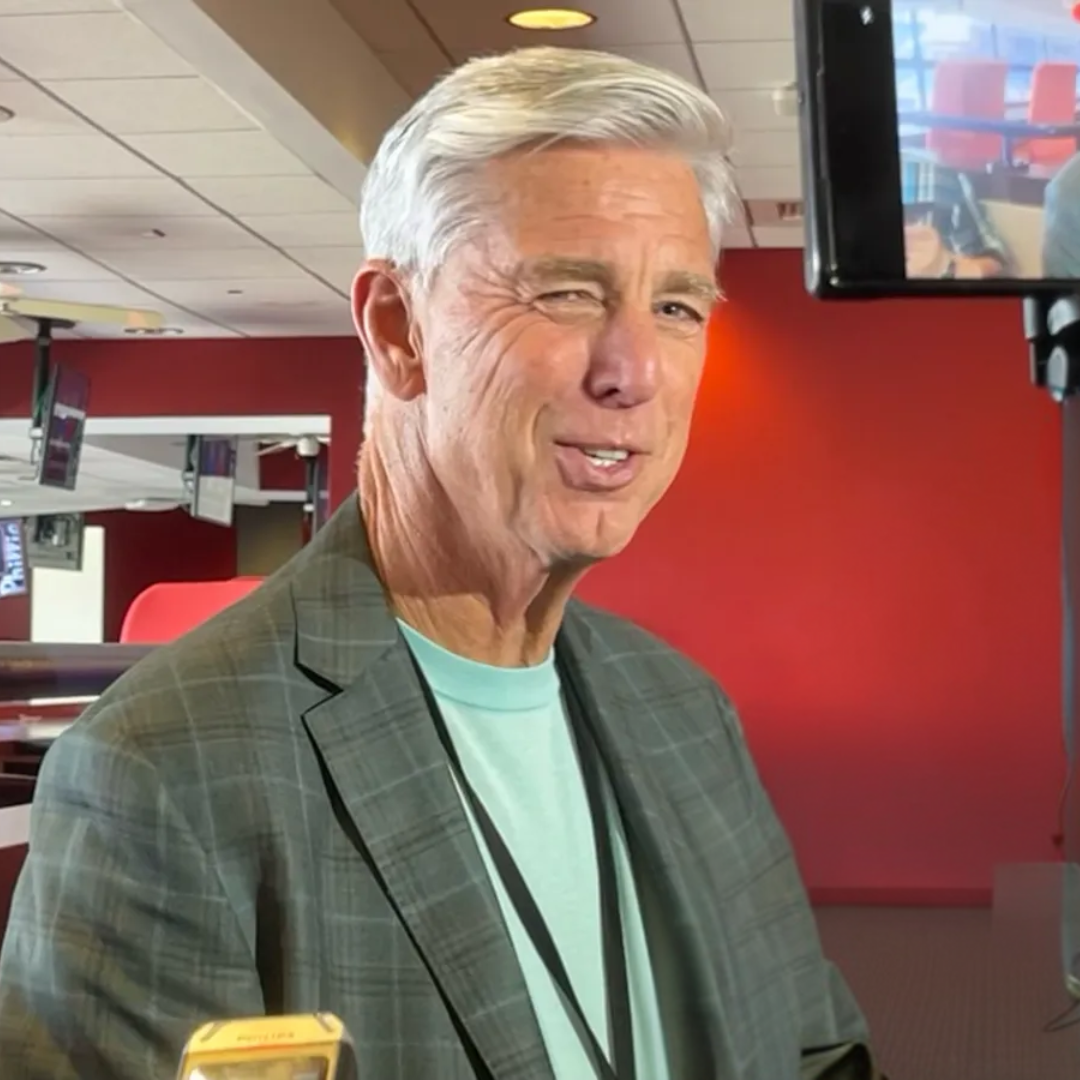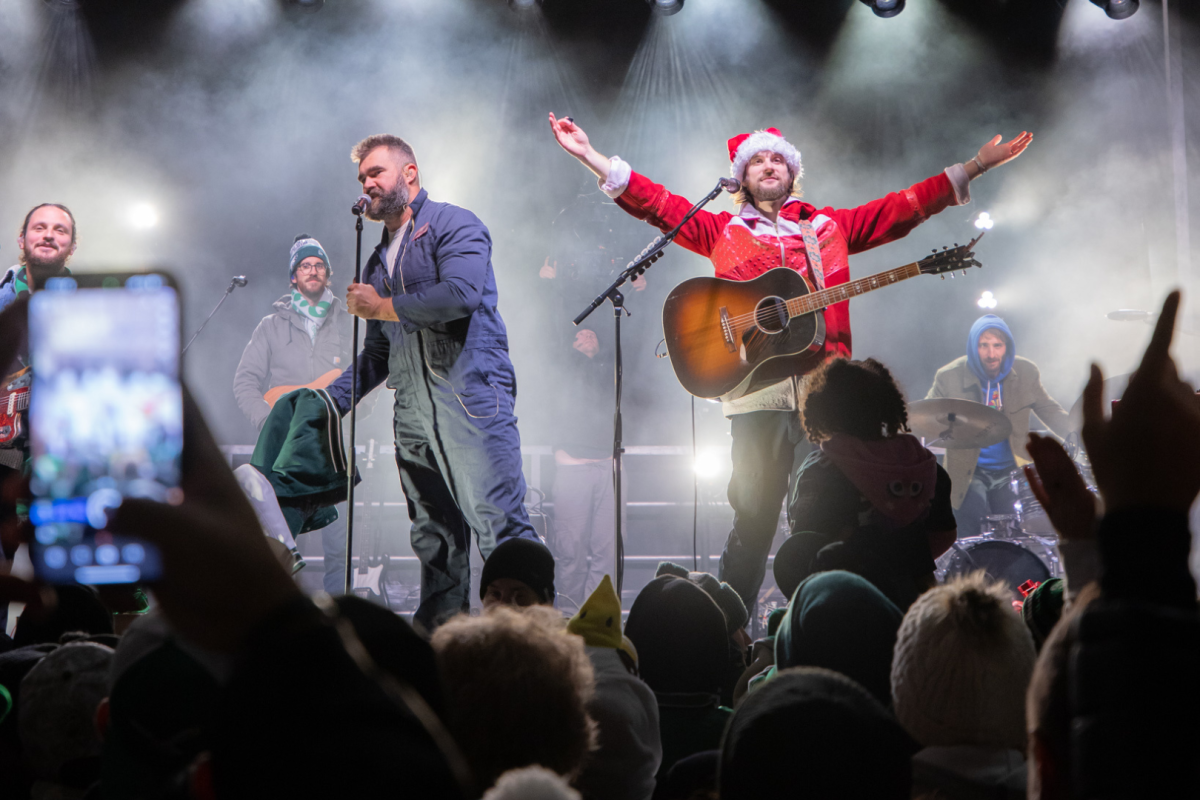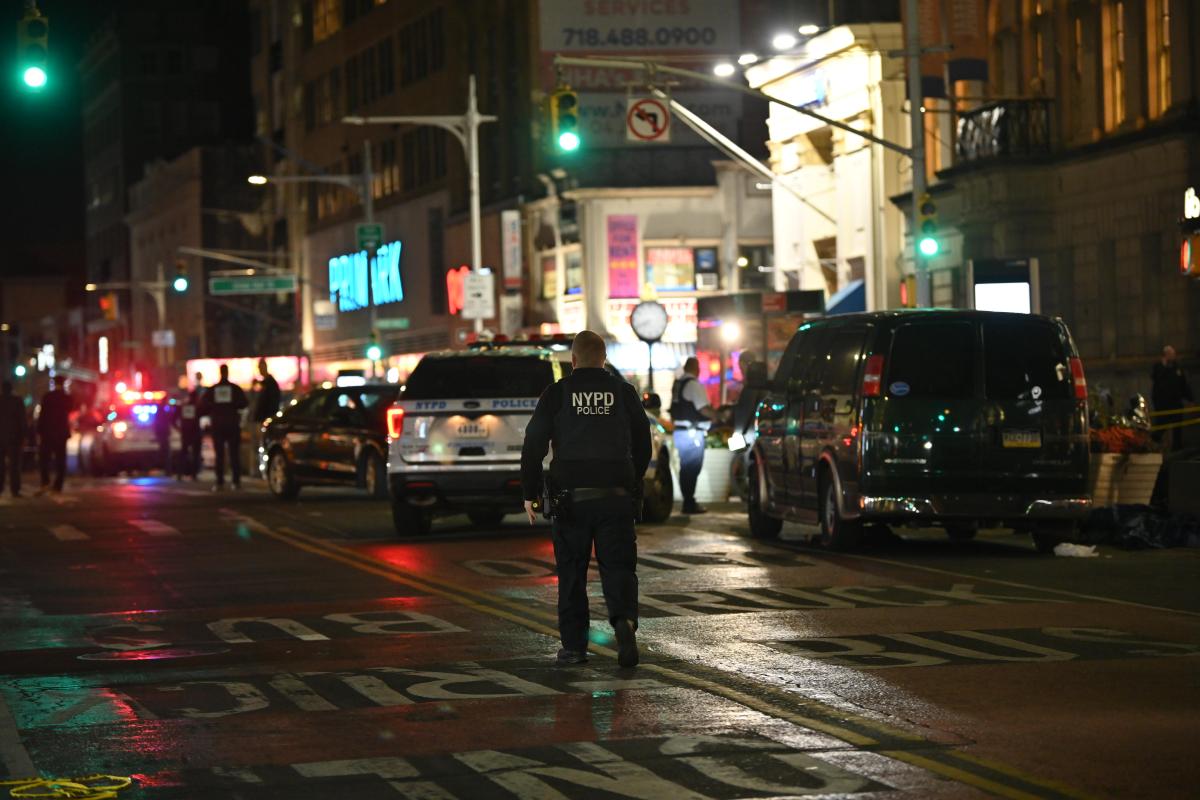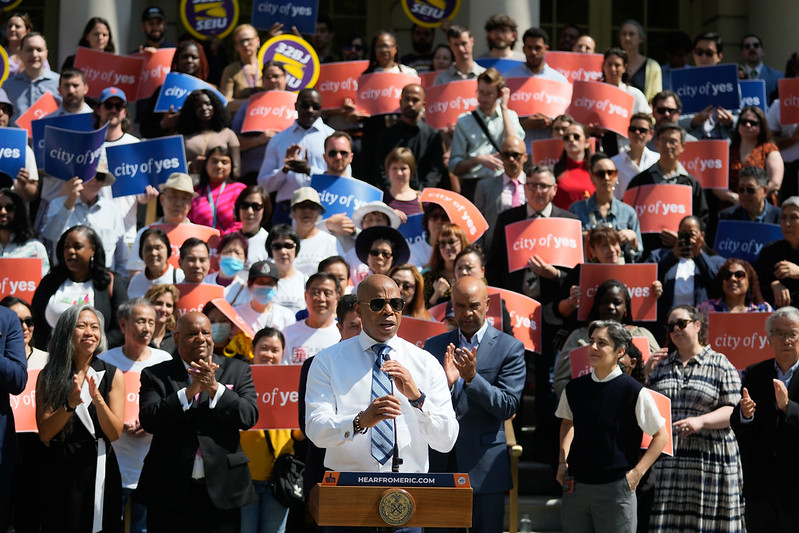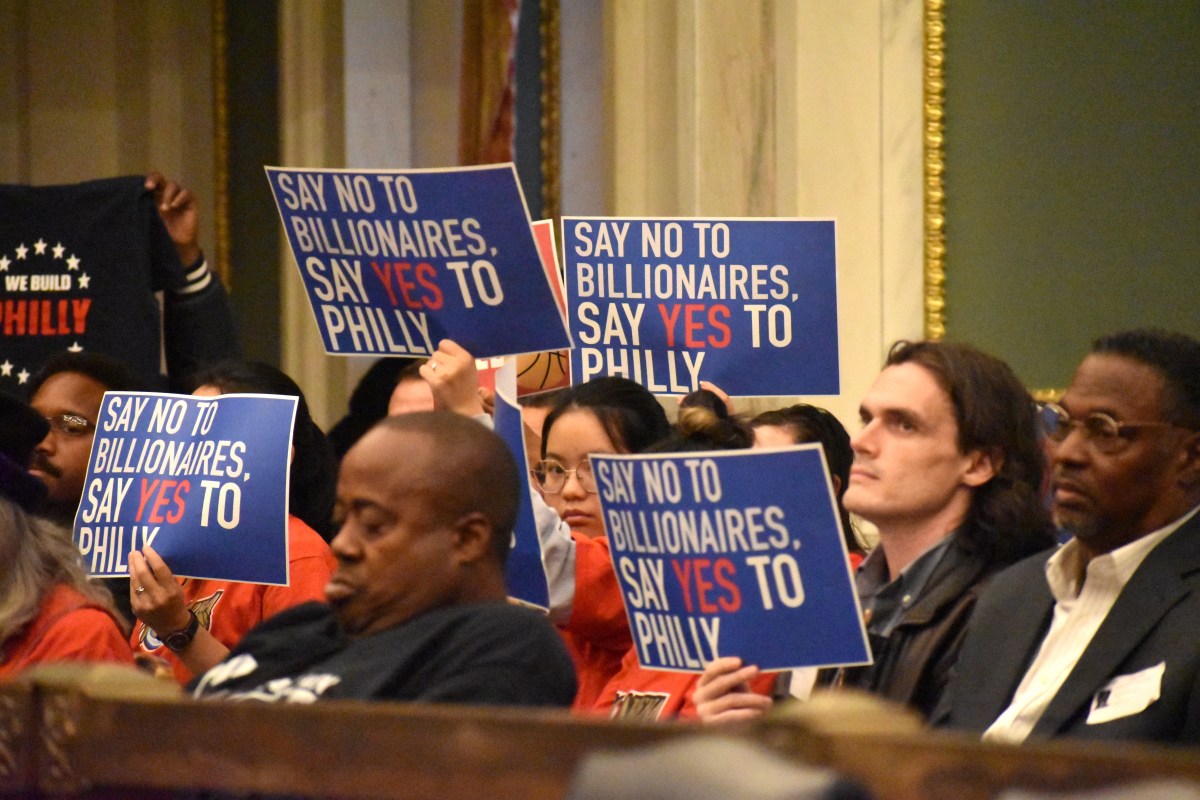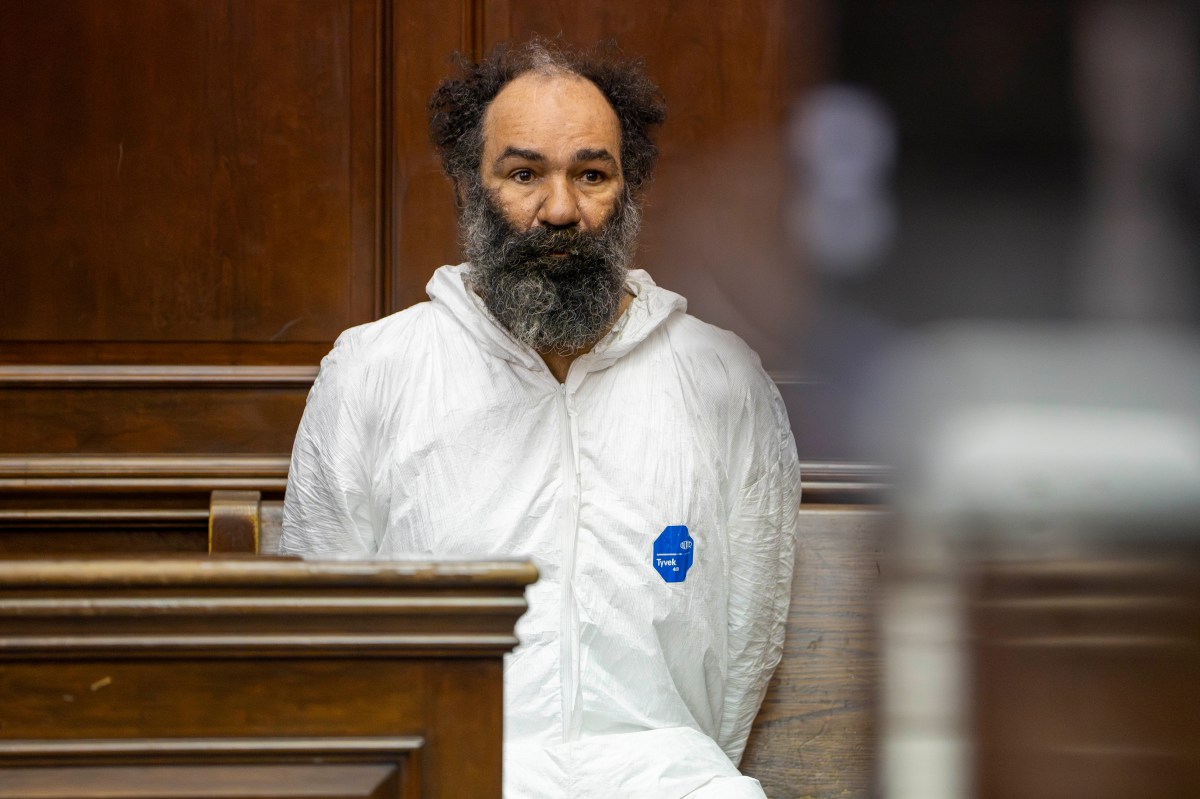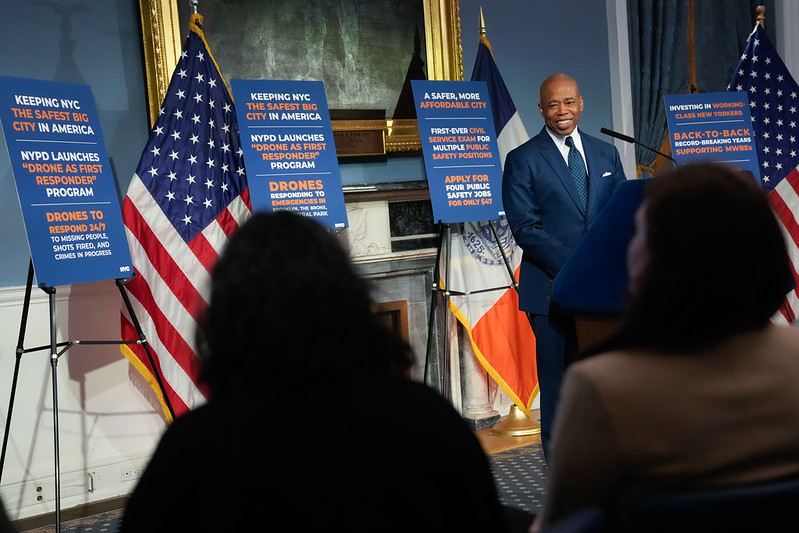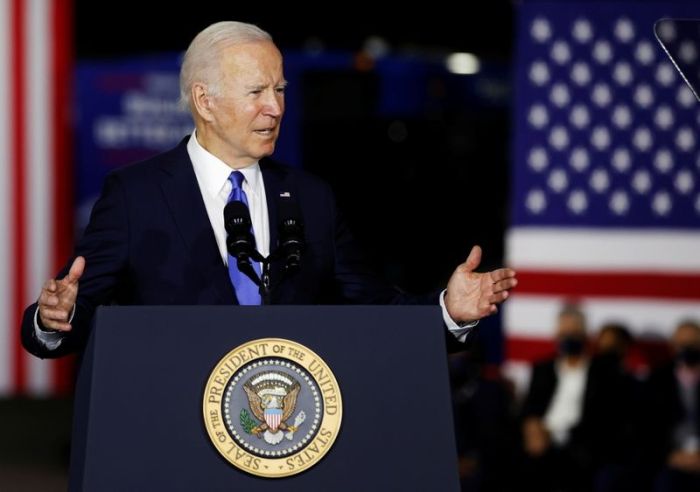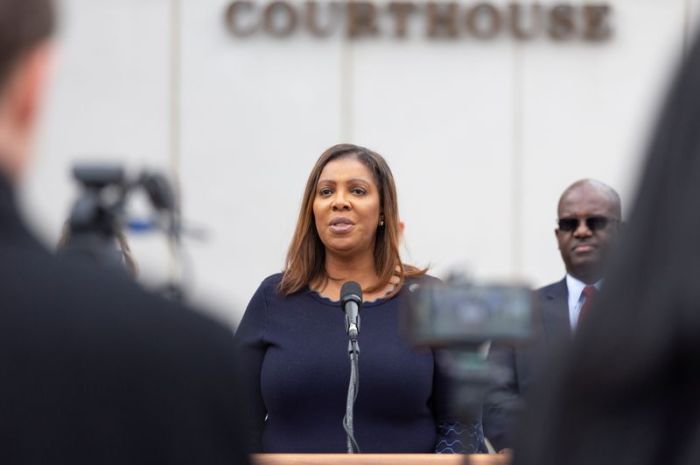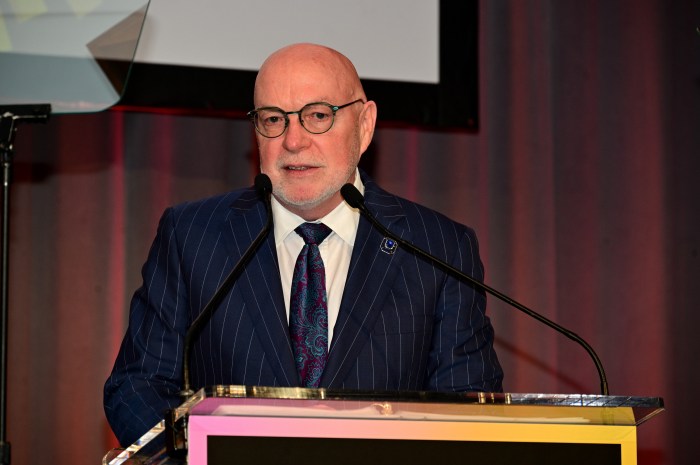MOSCOW (Reuters) -Russia kept up a barrage of hostile rhetoric towards Ukraine on Thursday and compared the crisis there to the most dangerous moment of the Cold War as it waited for U.S. President Joe Biden to invite it to possible talks with NATO countries.
The Russian Foreign Ministry accused Ukraine of moving heavy artillery towards the front line of fighting with pro-Russian separatists in the east of the former Soviet republic and failing to engage in a peace process.
The events in the Donbass, or the conflict zone in eastern Ukraine, now “resemble genocide”, TASS state news agency quoted Russian President Vladimir Putin as saying on Thursday.
A Ukrainian warship headed towards the Kerch Strait, which separates Russia and its annexed peninsula of Crimea, and did not react to a Russian request to change its course, the Russian intelligence service (FSB) said of events that happened earlier on Thursday.
The Ukrainian vessel later headed back, Interfax reported, citing FSB.
The Ukrainian defence minister said it was a search-and-rescue ship with no weapons on board.
“Negotiations on a peaceful settlement have practically hit a dead end,” Russian Foreign Ministry spokesperson Maria Zakharova told reporters, referring to the seven-year conflict between Ukrainian and separatist forces in the eastern Donbass region.
The ministry’s Twitter feed, quoting Zakharova, said: “With the support of NATO countries pumping the country with weapons, Kyiv is building up its contingent on the line of contact in Donbass.”
Russian Deputy Foreign Minister Sergei Ryabkov agreed with a reporter who suggested East-West tensions over Ukraine could turn into a rerun of the 1962 Cuban missile crisis, when the United States and the Soviet Union stood on the brink of nuclear war.
“You know, it really could come to that,” Interfax news agency quoted him as saying. “If things continue as they are, it is entirely possible by the logic of events to suddenly wake up and see yourself in something similar.”
The comments came two days after a video call between Biden and Putin that was intended to help defuse the crisis over Ukraine.
They signalled that Moscow has an interest in keeping tensions high while waiting for the next move from Biden, who has said he plans to hold follow-up talks involving Russia and NATO countries.
Ukraine, which seeks to join NATO, says it fears an invasion by tens of thousands of Russian troops gathered near its border. Moscow says its posture is purely defensive.
‘FIGHTING BY OURSELVES’
Ukrainian Foreign Minister Dmytro Kuleba said Kyiv expects to be supported by Western military allies even if the United States does not send troops there, an action that Biden has ruled out https://www.reuters.com/world/europe/kremlin-says-both-sides-follow-up-quickly-putin-biden-talks-2021-12-08.
“We will be fighting this war by ourselves,” Kuleba told investors in London. “We know how to fight. We do not need foreign troops fighting for us. But we will appreciate anything that can strengthen our army in terms of military supplies.”
Ukraine’s military accused the Russian-backed separatists in the east of the country of six new violations of a broken-down 2020 ceasefire on Thursday, three of them involving weapons banned under earlier peace deals that Moscow and Kyiv say they are trying to revive.
Interfax quoted a Ukrainian official as saying Kyiv was proposing a humanitarian exchange of up to 60 prisoners by New Year.
In Tuesday’s video call, Biden voiced concern about Russia’s military buildup and told Putin that Moscow would face serious economic consequences if it invaded.
Putin has said talk of an invasion is “provocative” and accused Ukraine and NATO of fanning tensions.
Biden said on Wednesday he hoped for an announcement by Friday of high-level meetings with Russia and major NATO allies to discuss Moscow’s concerns and the possibility of “bringing down the temperature along the eastern front”.
Russia’s Ryabkov described that as a “unilateral” statement, implying the U.S. side had not discussed it with Moscow.
Asked if Russia would object to the participation of other NATO members, Kremlin spokesman Dmitry Peskov said: “We cannot say, because there is no understanding of how all this will be arranged.”
(Reporting by Tom Balmforth and Andrey Ostroukh; Additional reporting by Maria Kiselyova, Gabrielle Tetrault-Farber, Natalia Zinets, Matthias Williams, Elizabeth Howcroft and Marc Jones; Writing by Mark Trevelyan; Editing by Andrew Heavens and Peter Cooney)

